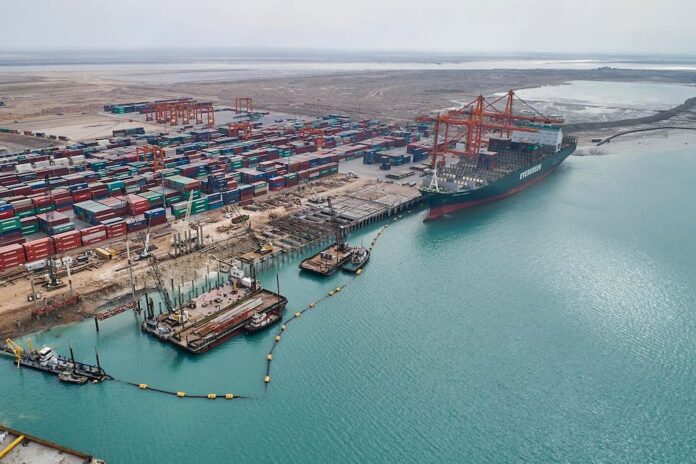There is no doubt that the Fourth Industrial Revolution represented by artificial intelligence has made an important difference in various political, economic, and social fields. Technological developments have played a major role in accelerating the process of economic growth around the globe. The world, especially the industrially advanced countries, realized the importance of artificial intelligence in accelerating the production process and reducing the level of costs, in addition to other developments in the administrative, institutional, information, and other aspects. Among these matters, artificial intelligence systems are involved and contribute to revitalizing competitiveness in global markets.
The successive crises that Iraq has been subjected to since the eighties of the last century, through the economic sanctions in the early nineties, to the collapse of oil prices in varying years after 2003, as well as the administrative and financial corruption in most government departments and institutions, prevented Iraq from keeping pace with technological developments and technical knowledge in the world. With the explosive budgets and large funds that Iraq obtained, especially after 2003 and the rise in crude oil prices, it did not give importance to developing the work of Iraqi ports in their various locations and directions, especially Al-Faw Grand Port, as the process of completing the port will have integrated strategic importance in Iraq on the political, economic and social levels, in proportion to the volume of regional and global trade exchange, which will provide the general budget with important revenues that enhance the volume of revenues outside the energy sector on the one hand, and contribute to the process of diversifying the Iraqi economy in terms of the prosperity of the foreign trade process on the other hand.
The first axis: Artificial intelligence is an introduction to simulating competitiveness
First: the concept of artificial intelligence:
- Definition and importance.
It is one of the branches of computer science and one of the basic pillars upon which the technology industry is based in the current era. The term artificial intelligence, which is referred to by the acronym (AI), can be defined as the ability of digital machines and computers to perform certain tasks that simulate and resemble those performed by intelligent beings, such as the ability to think or learn from previous experiences or other processes that require mental processes, and artificial intelligence aims to reach intelligent systems that behave in the way that humans act in terms of learning and understanding, as these systems provide their users with various services such as education, guidance, interaction, etc. (Philipp & Benjamin, 2017, 2), it is a simulation of human intelligence and an understanding of its nature by making computer programs that are able to simulate intelligent human behavior, and artificial intelligence is found all around us, starting with self-driving cars and unmanned aircraft, translation software, investment, entrepreneurship and other applications spread in the world (Ajay & Oettl, 2017, 8).










